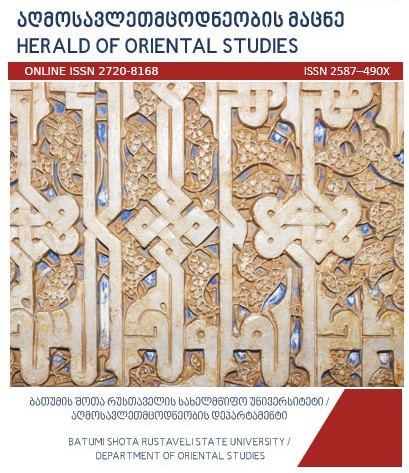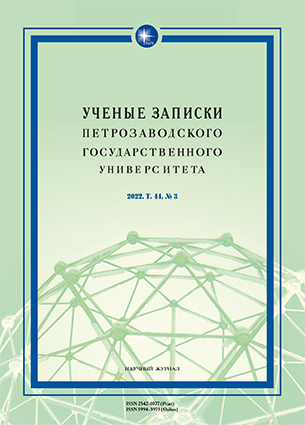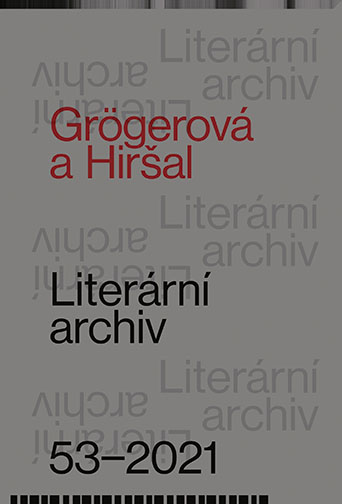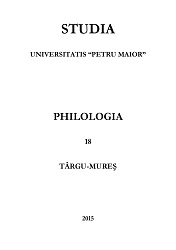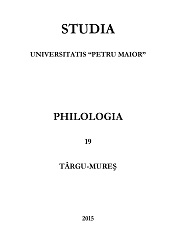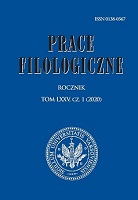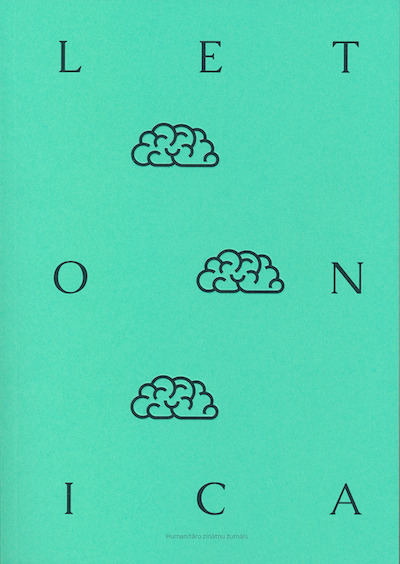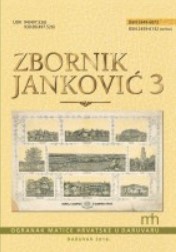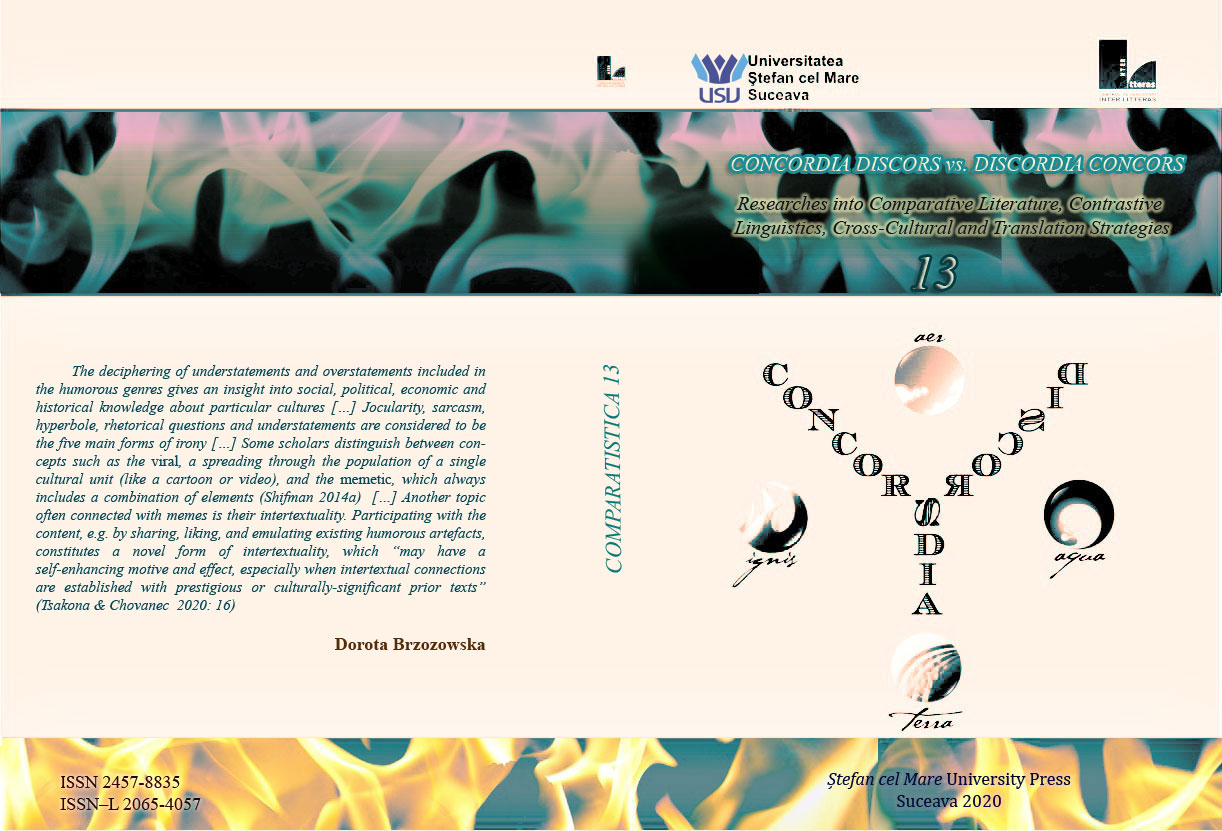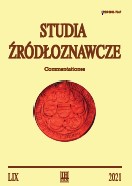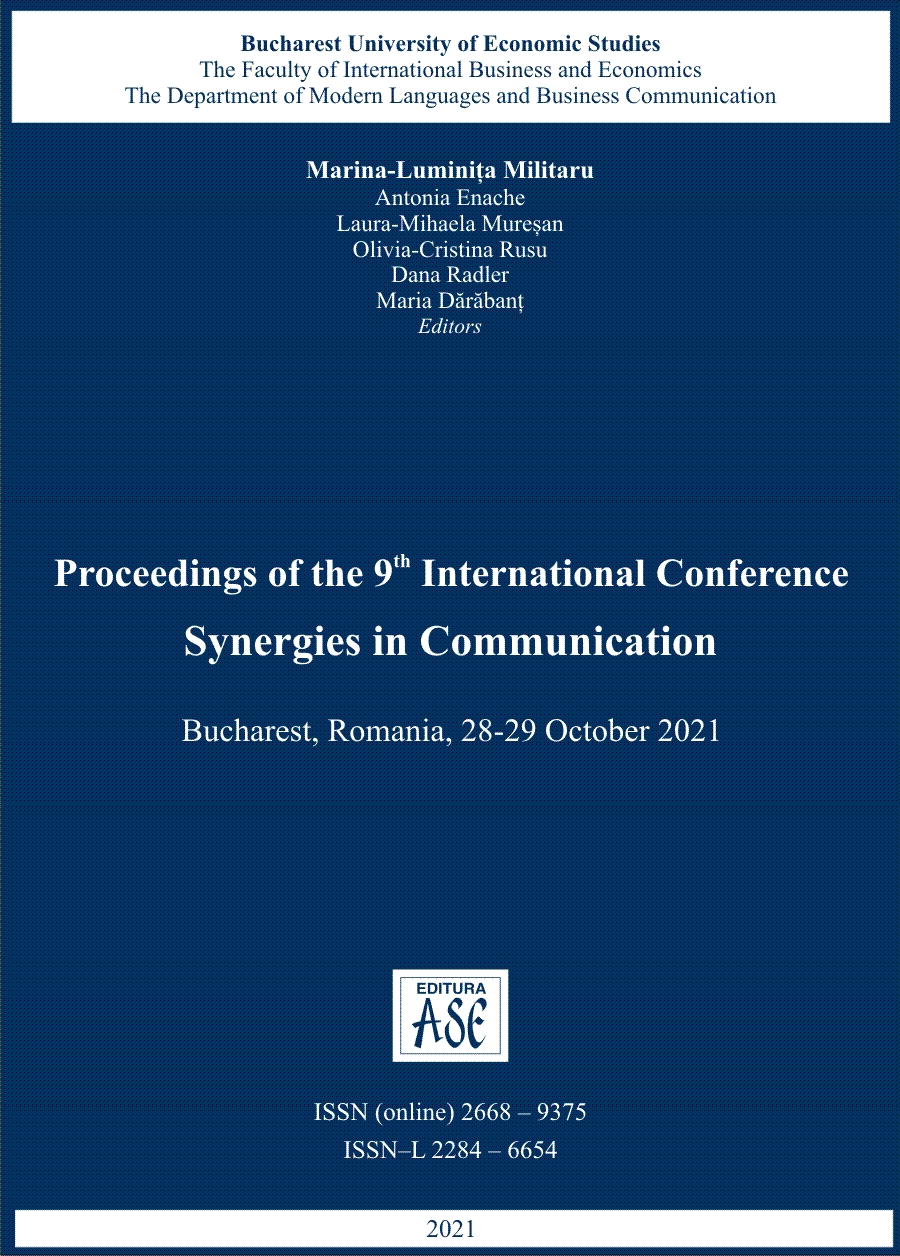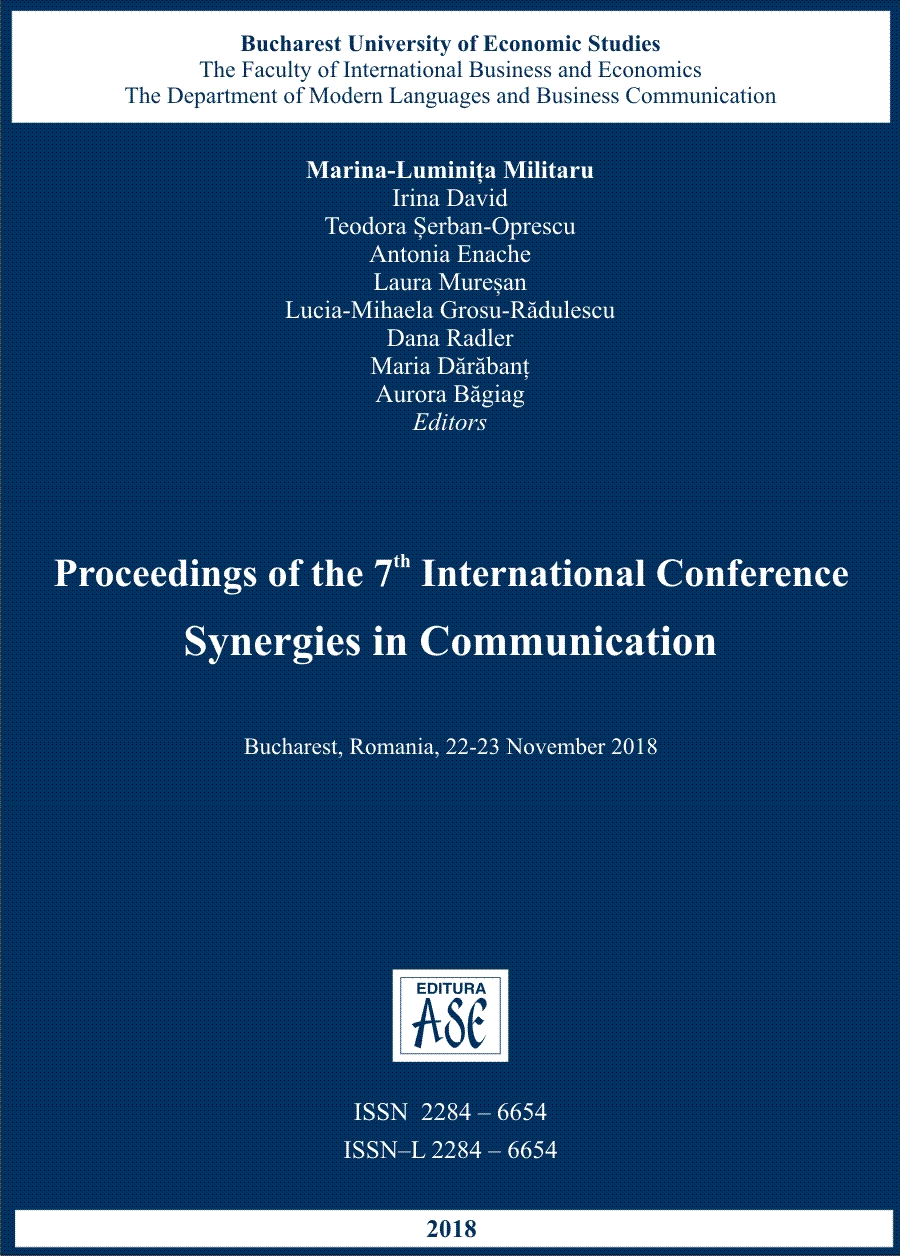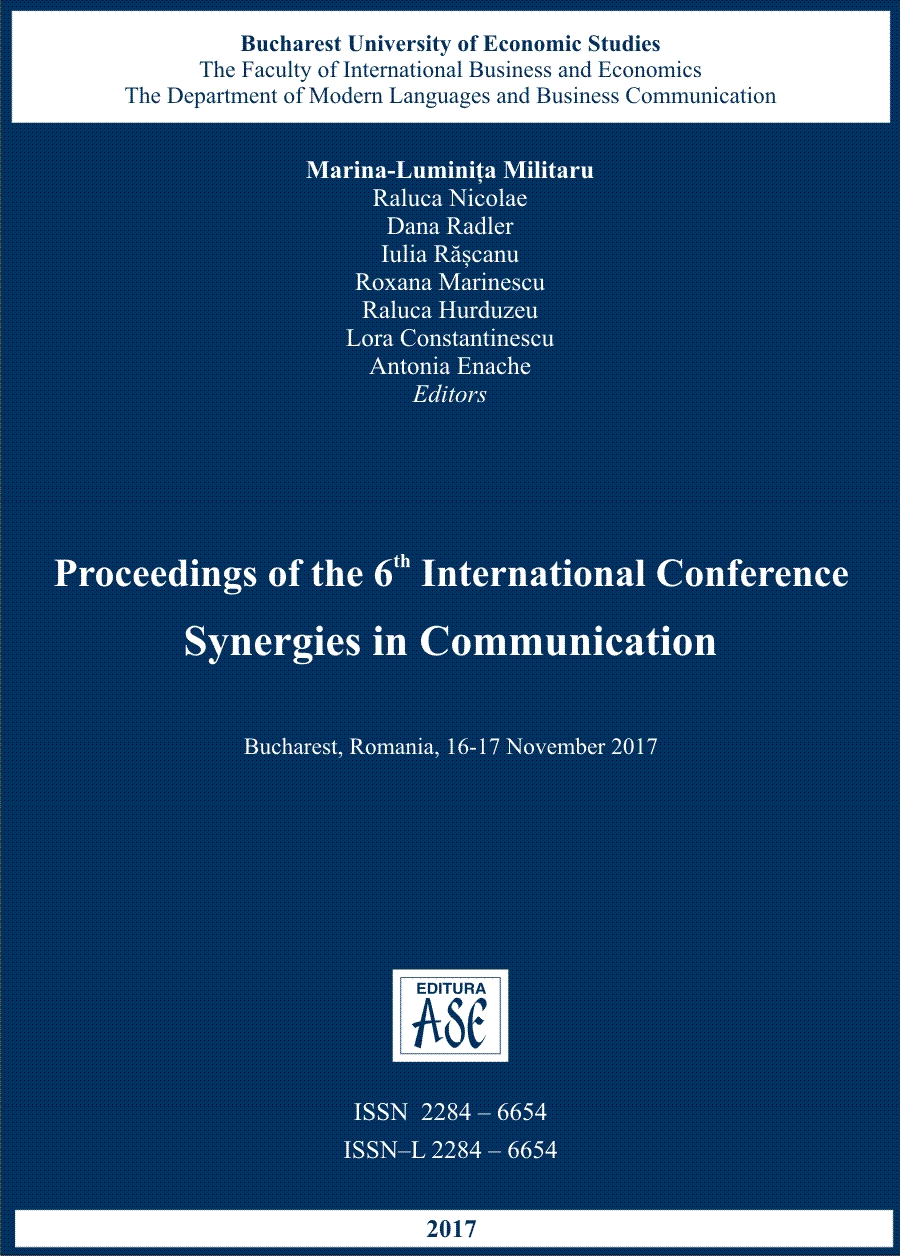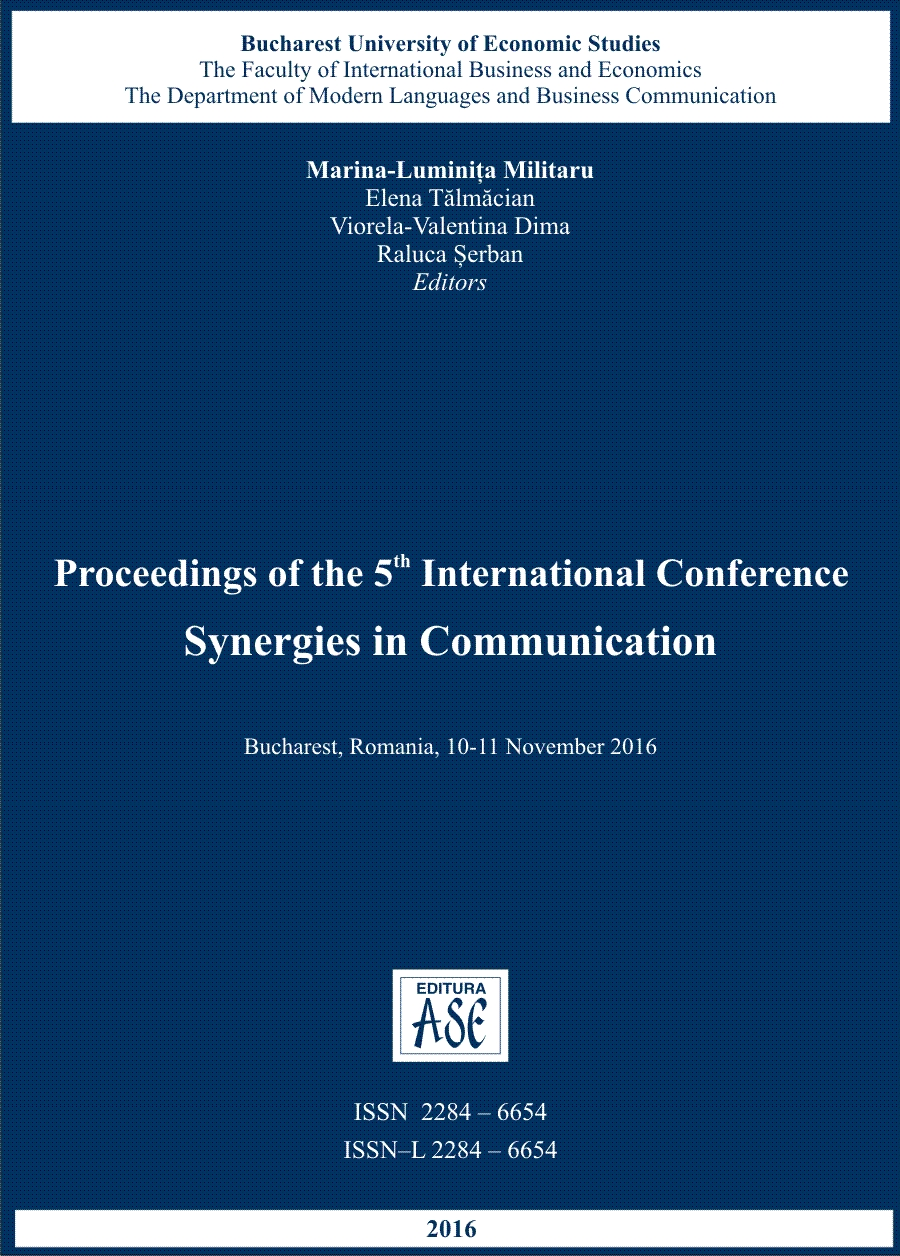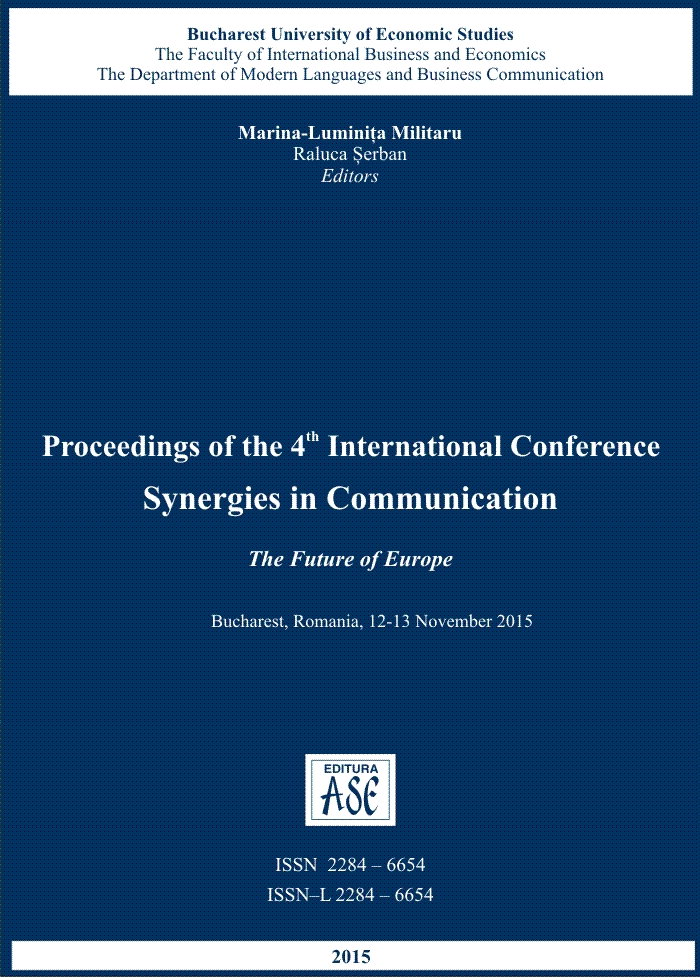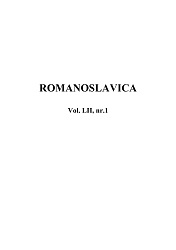Author(s): Iulia Elena Cîndea Gîță / Language(s): English
Issue: 1/2021
Culturemes are the markers of the source culture, which can reach the reader in the target language through the ability of the translator, who must, in fact, be a great connoisseur of the most hidden cultural details. For the transposition of a foreign culture into a new culture, for a proper communication between them, a loan is needed, retrieval and processing of information so that it is accepted.
The motivation behind this study is to provide an overview of how to approach culturemes in the translation of works of contemporary Chinese culture in Romanian, works characterized by great linguistic and extra-linguistic generosity. In order to achieve this goal, we followed the stages of identifying the culturemes from thirty-one Chinese contemporary novels translated in Romanian; followed by creating a corpus based on fourteen categories and five equivalence methods to ensure the cultural equivalence, coherence and homogeinity of Chinese works recreated for the Romanian reader. Finally, we performed an in-depth study of a selection of culturemes from each category, with the aim of showing their distribution in the Romanian translation of Chinese fiction.
The study intends to provoke but also to help raise the awareness that translations are not only transpositions (by this we mean moving from one linguistic register to another without operating the text as part of a cultural whole, approaching it externally to all of its sources of influence from the culture in which it has been created) of a work in another language, but they have the primary role of enriching knowledge about one's culture, civilization, literature - i.e. China's cultural heritage for the present study. Culturally-aware literary translations are the most effective and most stable manner of intercultural exchange, of international prosperity of culture, of understanding and acknowledging the cultural specifics of one nation. The intertextual references - the culturemes - studied are part, as it will be presented, of all cultural spheres, from those denoting the daily life of the Chinese, the food and basic needs, to those denoting holidays, toponymy, units of measurement, history but also those that are politically motivated, while are also spiritual, subtle, erudite, which one close study, extensive knowledge and diligent work can drive the translator to find and transfer them to the target reader.
More...
